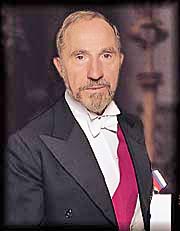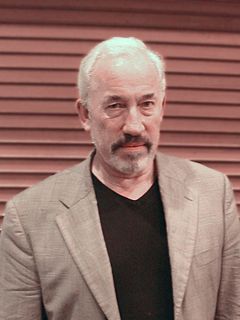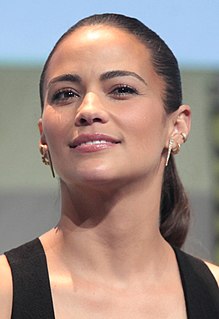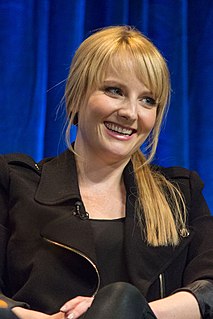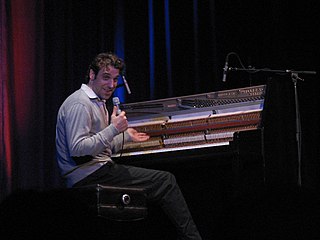A Quote by Phoebe Waller-Bridge
Every single performance of 'Fleabag,' I would learn so much from the audience reaction or how you could change it all the time, and I loved that sense that the performance is ever-growing and changing and could be affected by the audience.
Related Quotes
Through performance, I found the possibility of establishing a dialogue with the audience through an exchange of energy, which tended to transform the energy itself. I could not produce a single work without the presence of the audience, because the audience gave me the energy to be able, through a specific action, to assimilate it and return it, to create a genuine field of energy.
We played a show the other week at this festival and it was an audience that I'd never normally play in front of. That's one the greatest things about festivals: you don't always get your audience, you get people who just pop in out of curiosity. The reaction was amazing; there were people dancing, which we've never had, I guess because the message is pretty powerful and the performance is a lot more visceral than it has been previously. The audiences seem to be reacting to that really well and it's a wonderful thing, because at a performance you really bounce off your audience.
There was but one question he left unasked, and it vibrated between his lines: if gross miscalculations of a person's value could occur on a baseball field, before a live audience of thirty thousand, and a television audience of millions more, what did that say about the measurement of performance in other lines of work? If professional baseball players could be over- or under valued, who couldn't?
Maybe at the core of me, I'm a survivor, but I don't do it on purpose. Sometimes, in acting of course with your performance, some of your own personal character seeps through. My performance goal has always been to perform for the audience. People pay their hard earned money, and so I always desire to give all of myself in every single scene.
And treating poetry as a performing art emphasizes its ephemerality. A printed poem can be endlessly reprinted, photocopied, scanned, uploaded, cut and pasted - but a performance, even if somebody's there with a video camera, is one time only: the audience experiences something that won't exist when the performance is over, and which won't ever be reproduced in exactly the same form. I find that appealing.
I'm trying to change theater, in my own way - not just magic. I say that humbly, because I'm learning every single day. I do 15 shows a week, and every single audience I have is like a test screening for you, when you listen and go, "Really? They laughed at that?" All over the stage I have lines, written onstage, that I'm changing every single day.
To me, a performance is a military operation; it requires so much planning, and then ripping up the plan the minute you get there because you have no idea what the audience is feeling. I'm very much an entertainer, and sensitive to the audience's perception of me. I often have to do unexpected things, even for myself.

